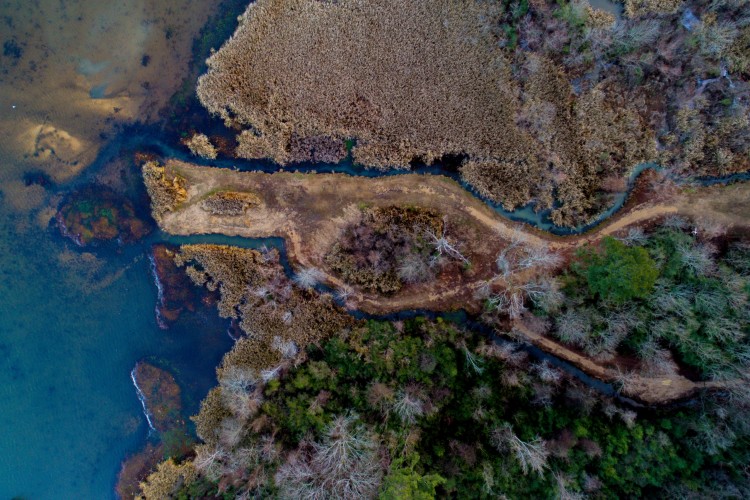The B.C. Wildlife Federation is celebrating World Oceans Day to bring awareness to issues that threaten our oceans. Oceans Day was first announced on June 8, 1992 at the Global Forum, an event at the United Nations Conference on Environment and Development. The theme of 2021’s World Ocean Day is “The Ocean: Life and Livelihoods”, in relation to Sustainable Development Goal 14, “Conserve and sustainably use the oceans, seas and marine resources”, by 2030.
10 Facts About our Oceans:
- Over 70% of the planet is covered by the ocean.
- More than 80% of the ocean is unexplored and unmapped.
- The Pacific Ocean spans over 21404.275 km- five times wider than the width of the moon!
- Water levels would rise an estimated 80 meters if all the sheets of ice and glaciers melted. That’s the same height as a 26-story building!
- The longest mountain range is the Mid-Oceanic Ridge. It is almost entirely underwater and 65,001 kilometres long, ten times longer than the Andes!
- An estimated 1 million different species live in our oceans.
- Of all volcanic activity, 90% takes place underwater.
- The deepest point in the ocean is Marianna’s trench. It is 11,034 meters deep!
- The average depth of the ocean is 3688.08 meters. Light can only reach 100 meters below the surface, so beyond that point is dark!
- Hydrothermal vents can naturally heat water up to 400º Celsius in the depths of the ocean.

How Does the BCWF Work to Protect our Oceans?
The BCWF has been working to restore Wetlands since 1996. Within the Wetlands Education Program, our work regarding Estuary and Salt Marsh restoration is important to maintaining balanced and healthy ecosystems where the ocean meets land. Over 50 wetland restoration projects have been completed and over 12,000 people are involved with wetland conservation.
Since 1996, the BCWF’s Wetlands Education Program has been:
- Raising awareness about the importance of wetlands
- Building capacity among a community of stewards
- Protecting the wetlands we have and restoring the ones we have lost
Oceans are not only the home for 1 million species, but are vital for human survival. The BCWF is holding different youth programs to bring awareness to climate change, rising ocean levels, and ocean waste. From virtual Climate Change education to immersive overnight Go Wild camps, the BCWF is committed to educating the next generation of outdoor enthusiasts on the importance of wildlife and ocean conservation.
The oceans provide a minimum of 50% of the world’s oxygen supply and are home to a vast majority of the earth’s biodiversity. To help protect and restore our oceans, here are simple changes you can make:
- Use reef-safe sunscreen.
- Limit your plastic use.
- Don’t leave garbage or litter on the beach.
- Limit your water use.
- Educate yourself and those around you on matters threatening our oceans.
Learn More & Get Involved:
- Register now for Youth Camps.
- Become a BCWF Member.
- Support BCWF’s work.
Sources:
Catron, E. (2019, June 4). 33 Mind-Blowing Facts About the Earth’s Oceans. Best Life; Best Life. https://bestlifeonline.com/crazy-ocean-facts/
Hurt, A. (2016, October 31). Ocean Habitat. Nature; National Geographic Kids. https://kids.nationalgeographic.com/nature/habitats/article/ocean
US Department of Commerce, National Oceanic and Atmospheric Administration. (2021). How much of the ocean have we explored? Noaa.gov. https://oceanservice.noaa.gov/facts/exploration.html
United Nations. (2021). World Oceans Day | United Nations. United Nations; United Nations. https://www.un.org/en/observances/oceans-day
About. (2021). What is World Ocean’s Day? Retrieved 08/06/21. https://unworldoceansday.org/about/.
